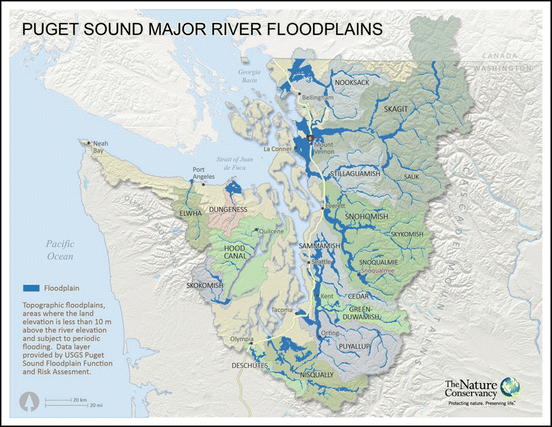Beck World At Risk Pdf Download

The Politics of Risk Society opens a dialog between Ulrich Beck's sociology of Risk Society and key thinkers and opinion leaders from the world of politics and policy making. It explores the way we perceive risk and integrate change into our lives - insisting that these are essential forces driving policy development today. Twenty years ago Ulrich Beck published Risk Society, a book that called our attention to the dangers of environmental catastrophes and changed the way we.
Twenty years ago Ulrich Beck published Risk Society, a book that called our attention to the dangers of environmental catastrophes and changed the way we think about contemporary societies. During the last two decades, the dangers highlighted by Beck have taken on new forms and assumed ever greater significance. Terrorism has shifted to a global arena, financial crises hav Twenty years ago Ulrich Beck published Risk Society, a book that called our attention to the dangers of environmental catastrophes and changed the way we think about contemporary societies. During the last two decades, the dangers highlighted by Beck have taken on new forms and assumed ever greater significance. Terrorism has shifted to a global arena, financial crises have produced worldwide consequences that are difficult to control and politicians have been forced to accept that climate change is not idle speculation. In short, we have come to see that today we live in a world at risk.
A new feature of our world risk society is that risk is produced for political gain. This political use of risk means that fear creeps into modern life. A need for security encroaches on our liberty and our view of equality. However, Beck is anything but an alarmist and believes that the anticipation of catastrophe can fundamentally change global politics.
We have the opportunity today to reconfigure power in terms of what Beck calls a 'cosmopolitan material politics’. World at Risk is a timely and far-reaching analysis of the structural dynamics of the modern world, the global nature of risk and the future of global politics by one of the most original and exciting social thinkers writing today. There are times when someone says something and it seems so obvious it isn’t all that clear why you hadn’t thought of it yourself. Beck is most famous for a previous book he wrote called Risk Society – I think this proved to be the best-selling books of sociology of all time.
This one is basically him returning to that topic years later to show what his further thinking has involved and how the world has progressed in the meantime. And by meantime you have to know that things had gotten particul There are times when someone says something and it seems so obvious it isn’t all that clear why you hadn’t thought of it yourself. Beck is most famous for a previous book he wrote called Risk Society – I think this proved to be the best-selling books of sociology of all time. This one is basically him returning to that topic years later to show what his further thinking has involved and how the world has progressed in the meantime.
And by meantime you have to know that things had gotten particularly mean in the time since he wrote the first book – with 9/11, a tsunami, a couple of financial crises – so, there is quite a bit to consider and reconsider here. Archer 15 1263 manual woodworkers. For Beck, risk is central to how the world acts now. The problem is that the dream of the ‘first modernity’ that we would be able to control risks has proven more complicated than we assumed. All the same, there is little doubt that if you had to choose a time to live, this is probably as good as it gets for people in advanced nations. Life expectancy is high, comfort levels are high – your kids are less likely to die on you today than at any other time in history – so, it could be argued that our sense of ‘risk’ is a crazy over-reaction to what we should really view as a golden age. The problem is not just that we are malcontents – rather in the past, people in advanced nations in particular had a sense that the nation state was able to provide a sense of security towards risks and this involved us in a trusting relationship with our nations and even our ‘betters’. But that is increasingly no longer the case.